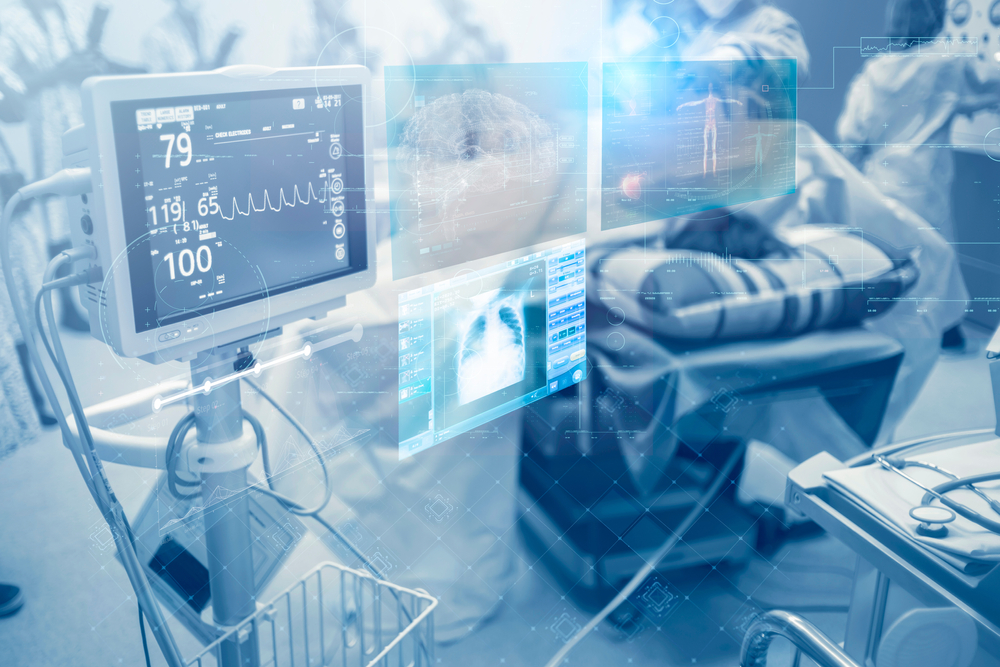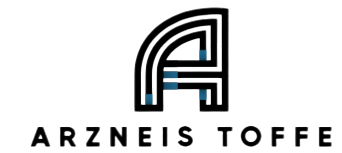In today’s rapidly evolving healthcare landscape, medical professionals face increasing pressure to deliver high-quality care while managing a myriad of administrative, clinical, and operational challenges. Healthcare IT support and technology optimization solutions have become indispensable tools in helping healthcare providers streamline their practices, improve patient outcomes, and enhance overall efficiency. By leveraging advanced technology, medical professionals can better manage patient information, facilitate communication, and automate tasks that would otherwise be time-consuming and prone to human error. One of the most significant contributions of healthcare IT support is the implementation of electronic health records EHR systems. These digital records allow healthcare providers to store patient data securely and access it in real-time, reducing the risk of medical errors due to outdated or incomplete information. EHR systems also improve communication between various healthcare providers, enabling a more coordinated approach to patient care. By analyzing vast amounts of patient data, AI algorithms can assist in identifying patterns, predicting outcomes, and recommending personalized treatment plans.

These insights empower medical professionals to make evidence-based decisions that improve patient outcomes and reduce the risk of adverse events. By integrating patient information across multiple departments or facilities, medical professionals can have a comprehensive view of a patient’s health history, medication regimen, and treatment plans, leading to better decision-making and fewer complications. Additionally, healthcare IT support facilitates the automation of routine tasks such as appointment scheduling, billing, and inventory management. Automation helps medical professionals save time and resources by eliminating manual data entry and reducing administrative burdens. For example, automated scheduling systems can streamline patient appointment processes, minimize no-shows, and optimize physician availability. Similarly, technology-driven billing solutions ensure that claims are submitted accurately and promptly, reducing the likelihood of errors and delays in reimbursement. Technology optimization extends beyond just administrative support; it also enhances clinical care through tools like telemedicine and remote patient monitoring. Telemedicine platforms allow healthcare providers to offer virtual consultations, improving access to care for patients in remote or underserved areas.
This technology is particularly valuable in managing chronic conditions, where ongoing monitoring and follow-up are essential. Remote monitoring devices can track patients’ vital signs and send data to healthcare providers in real-time, enabling them to intervene proactively when necessary. By integrating these solutions into their practices, medical professionals can expand their reach and offer more personalized care without being limited by geographical barriers. Healthcare IT support also plays a critical role in data security and compliance. With the increasing amount of sensitive patient information being stored electronically, ensuring that data is protected from breaches and unauthorized access is paramount. IT solutions offer advanced encryption methods, access controls, and regular system audits to safeguard patient data. Additionally, healthcare IT support helps medical professionals stay compliant with industry regulations such as HIPAA, ensuring that their practices meet the necessary legal and ethical standards. Finally, data analytics and artificial intelligence AI are transforming the way medical professionals approach diagnosis, treatment, and patient care management.
